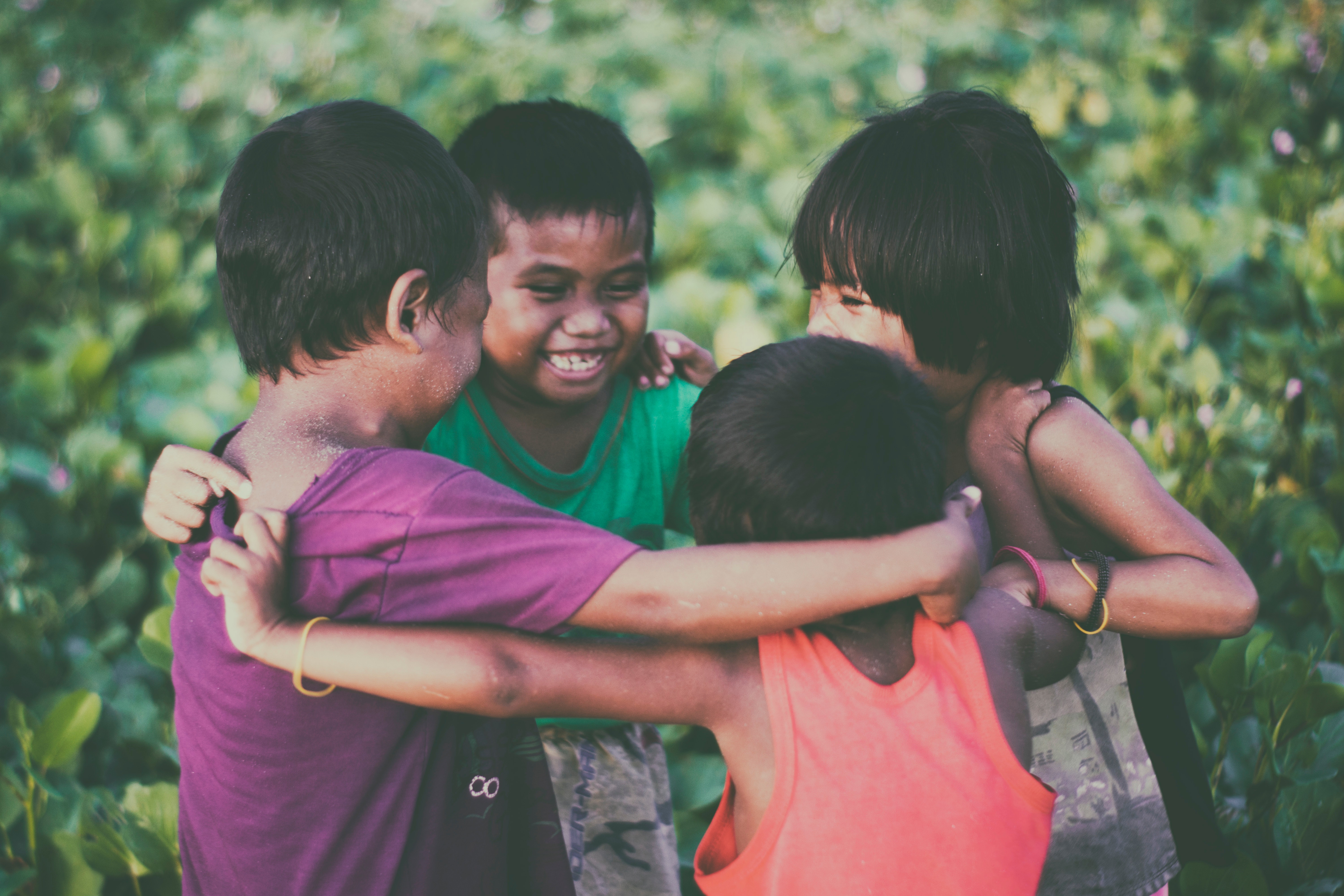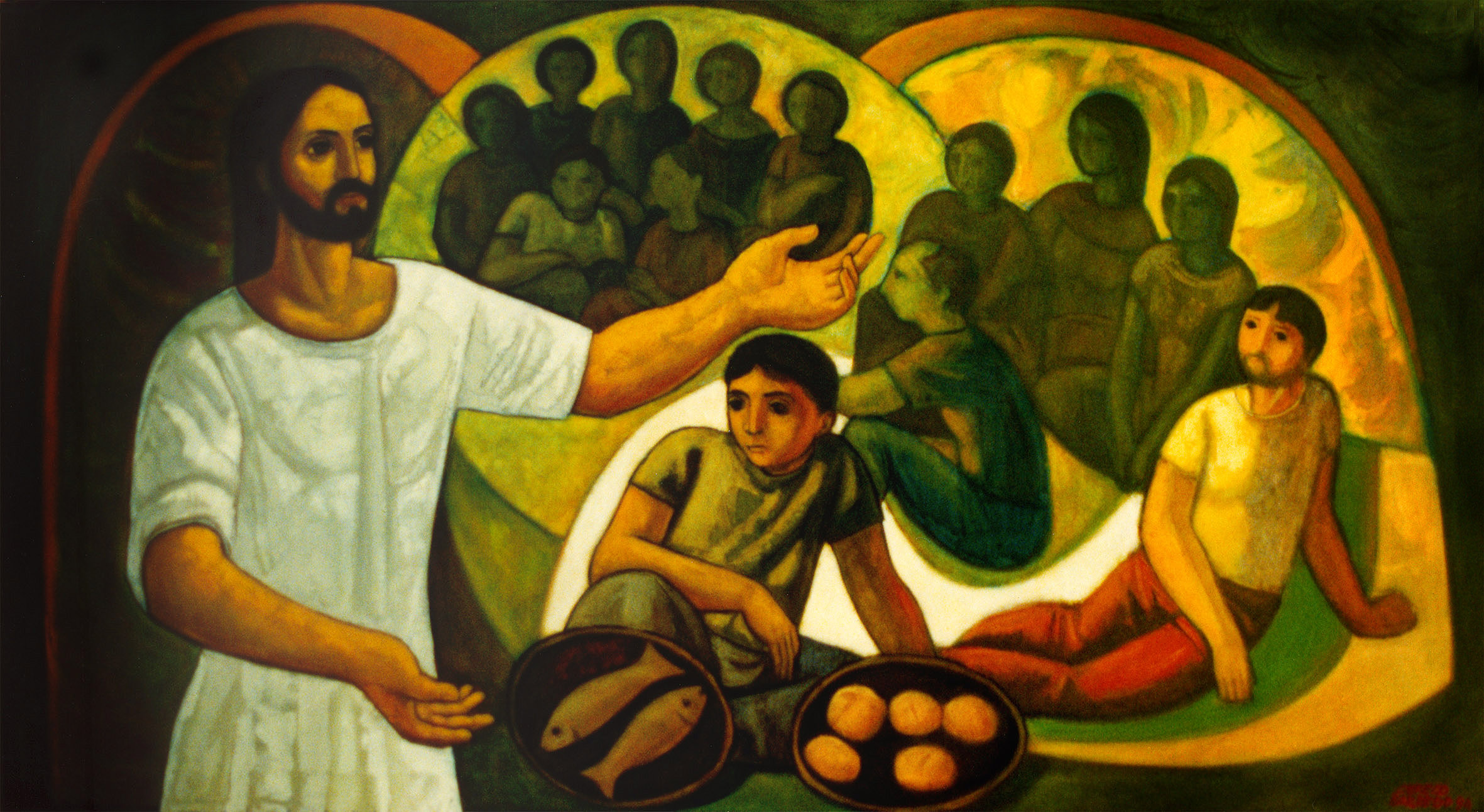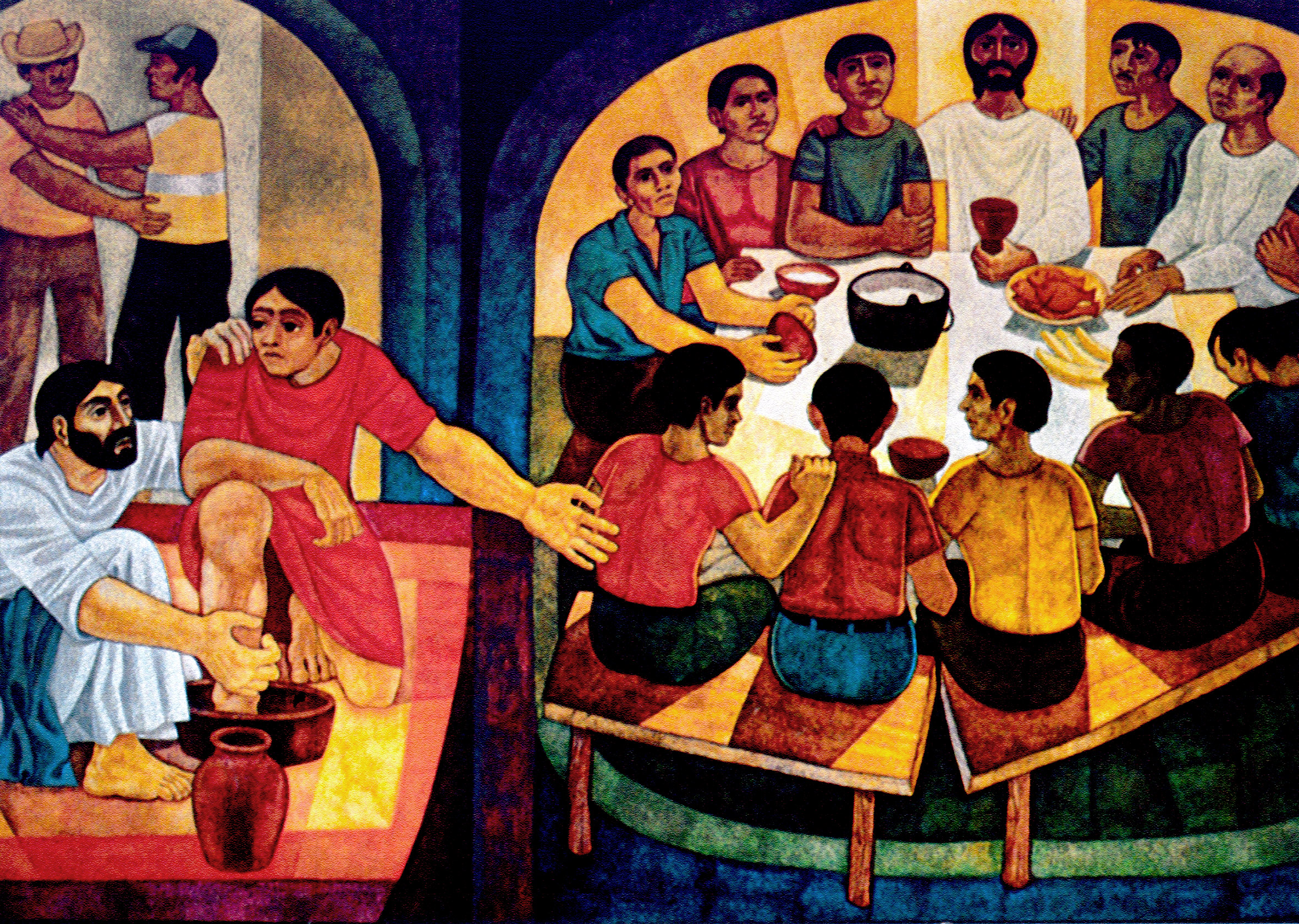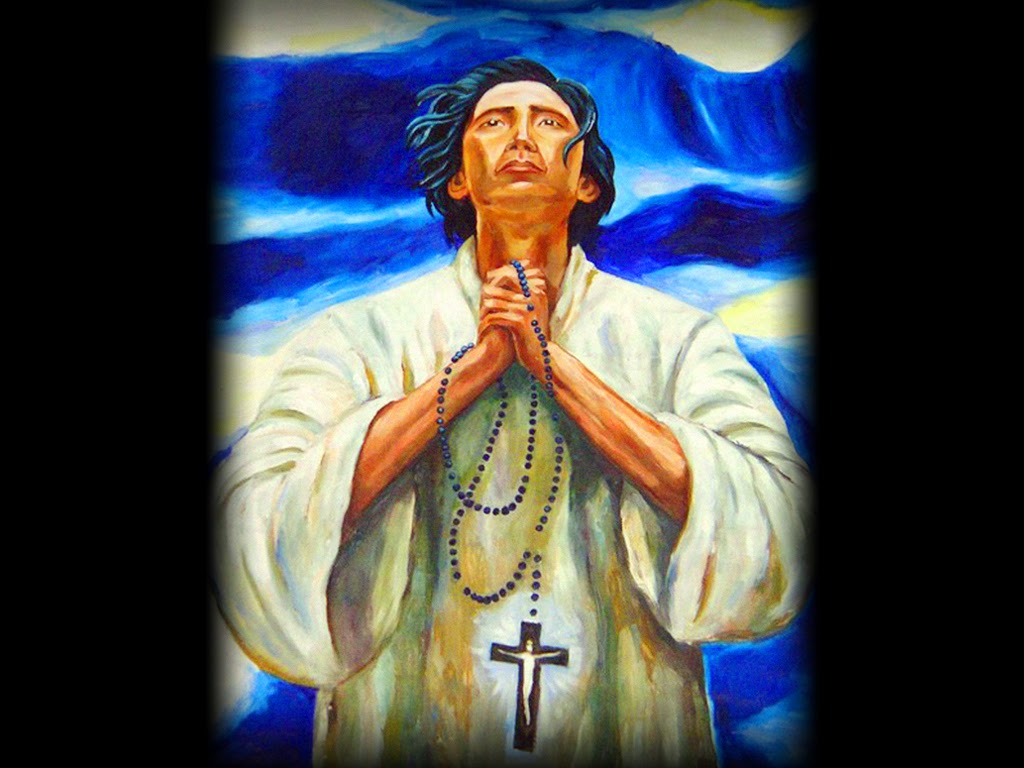
The Filipino people are known around the world to be a happy, joyful people. “It’s more fun in the Philippines,” so they say, where the people are always ready to flash their warm, friendly smiling faces.
Several global surveys have consistently ranked the Philippines as one of the top countries when it comes to happiness levels. Filipinos often take pride in attributing their happiness to stem from these three Fundamental F’s: Family, Food, and Faith.
These 3 F’s are deeply embedded in Filipino culture. And when we get the chance, we often integrate them all into our fun festivities. Our fiestas (feast days) demonstrate how much we value these 3 F’s.
Our happiness, just like many of our cultural values such as kapwa (our shared togetherness) and utang na loob (deep sense of gratitude), is intricately rooted in our indigenous past.
Blessed with a beautiful land with plenty of natural resources, we give thanks! The word gratitude comes from the Latin word gratia, which means grace. The Filipino concept of utang na loob is really a deep sense of gratefulness to what gives us life, our Creator and His bounty in His creations. Fiestas and holiday events like the town feast days, birthdays, anniversaries, Noche Buena are all joyful and bountiful celebrations. And at the center of all these feasts are the 3 F’s—food, family, and faith.
According to Virgilio Enriquez, founder of indigenous Filipino psychology, kapwa is the core concept in Filipino psychology integrative of the self and the other. Local Filipino scholars have translated it as “shared inner self” or “shared identity.” Filipino American scholars like Leny Strobel, Kevin Nadal and E.J.R. David describe kapwa as a view of the self in the other or as the intense spiritual connection typically felt among Filipinos.
Kapwa gives us the opportunity to glimpse what love and community truly mean. When we give love and share love with our neighbors, we share our inner selves, our kaloob-looban, with them. And when we share our inner self with one another, we get to glimpse the Divine in their personhood and see the other as a child of God as well. We see kapwa, our shared inner selves, a shared humanity made in the image of God.
Gratitude Despite Hardships
This historical page-turning event brought on by the pandemic has given us an opportunity to pause, reflect, reset, and reimagine a better future. We’ve learned a lot about each other and our connectedness. We’ve learned to recognize what we’ve lost, what we value, and how valuable people and things are in this space with us. It has given us time to reckon with our humanity and the interconnectedness that we had allowed to slip away. This moment is a rare historical and global opportunity for us to examine our lives more closely and more deeply. It’s a difficult moment but Filipinos, as always, will find a way to smile. We have the chance to examine what we have and what gives us joy, and what we often take for granted. We get to reflect with a greater sense of appreciation and gratitude. We have the chance to give thanks for kapwa—the people journeying with us as well as those who have journeyed on.
Gratitude, according the positive psychology, is strongly associated with grater happiness. It helps people feel more positive emotions, improve health, deal with hardships, and build strong relationships. Gratefulness helps us connect to something larger than ourselves as individuals—whether to nature, God, or kapwa.
T.G.I.F. –Thank God I’m Filipino for these deeply rooted cultural values.

BJ Gonzalvo, Ph.D., is a psychologist and a veteran born and raised in the Philippines (now residing in Washington). His writing, where he often integrates culture, psychology, and spirituality, has appeared in Northwest Catholic, Busted Halo, FilCatholic, and Mind & Spirit. He is the author of Lead Like the Saints (Paulines, 2019) and Gift of Kapwa (2022).










